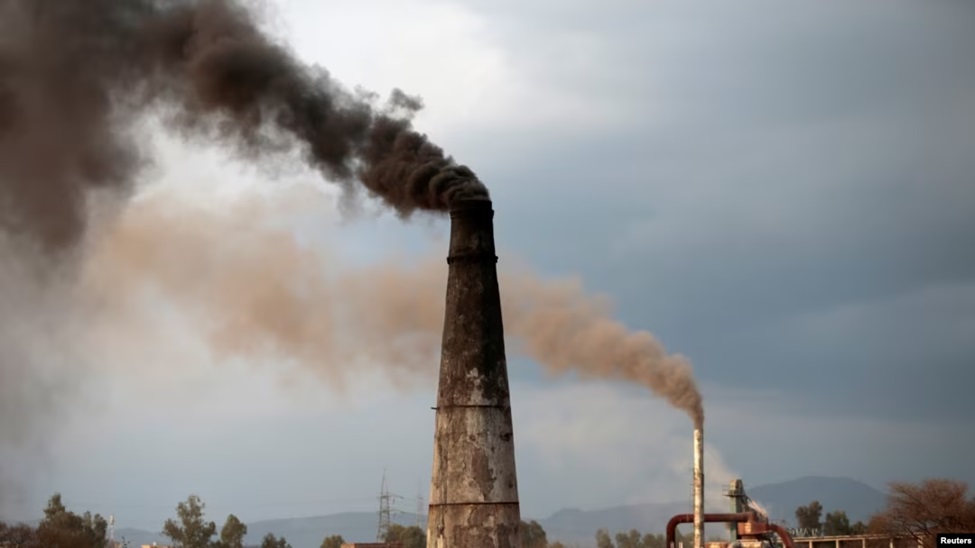
Civil society lauds PM’s vow to have no more coal based power generation with reservations
-
16, Jan 2021
Karachi, Lahore, Islamabad (December 13): The Alliance for Climate Justice and Clean Energy (ACJCE) has welcomed Prime Minister Imran Khan’s resolve on Saturday at Climate Ambition Summit 2020 to not have any more power generation based on coal in the future.
In a press release issued on Sunday, ACJCE lauded the premier’s vow to move away from coal and towards renewables. “This is a step in the right direction to lower Pakistan’s emissions of greenhouse gases,” they said. They however questioned the economic viability and environmental appropriateness of his idea to convert coal to liquid or coal to gas to produce energy.
The ACJCE representatives demanded that Pakistan should not invest in any new coal mining or coal power generation projects at all so that the allocation of coal in the generation mix can be frozen to its present share. They also asked the government to halt all those coal power plants or coal mining projects which are in their initial stages of development so that these do not become an unsustainable environmental, social and financial burden for the country. This will require the scrapping of about 6 GW of planned coal fired generation capacity located in Thar, Jamshoro, Gwadar and the coastal belt of Sindh. They similarly sought an environmental audit of the operational coal power plants to ensure that they are complying with the national emissions and effluent standards and asked the government to phase them out gradually because they have become non-competitive with other greener and environmentally friendly power generation sources such as solar and wind energy. They demanded a revision of the Indicative Generation Capacity Expansion Plan 2047, too, in the light of commitments that Pakistan had made under the Paris Agreement, with coal power generation given a minimal share in the country’s generation mix.
Muhammad Ali Shah, a senior member of ACJCE and also the chairman of Pakistan Fisher-folk Forum, said that the government should not include hydropower plants in the category of renewables because these have severe impacts on river ecology, aquatic life and the lives and livelihoods dependent on river waters. Instead he proposed that the focus should be on developing the country’s wind and solar energy sources, which are cheaper and more environmentally friendly than hydropower plants.
Haneea Isaad, a researcher on energy financing and an ACJCE member said the coal-to-liquid and coal-to-gas power plants were increasingly becoming irrelevant world over because of their high economic costs and carbon dioxide emissions.
Pakistan should avoid moving to these plants because they are against the spirit of Paris Agreement, the international treaty on climate change, she said.
Gasification and liquefaction of indigenous coal found in Thar simply displaces the site of pollution and fails to address the wider concerns and impacts of mining in Thar which have proven to be devastating to Thari communities,” said Zain Moulvi, a legal expert on energy issues and a member of ACJCE. Referring to Pakistan’s recent contacts with two Chinese companies to turn Thar coal into gas and diesel, he said this was not the first time that the government was exploring this option. “Fertilizer companies in Pakistan have carried out three separate feasibility assessments about the idea but each of them concluded that making oil or gas from coal will be too costly, he said.
